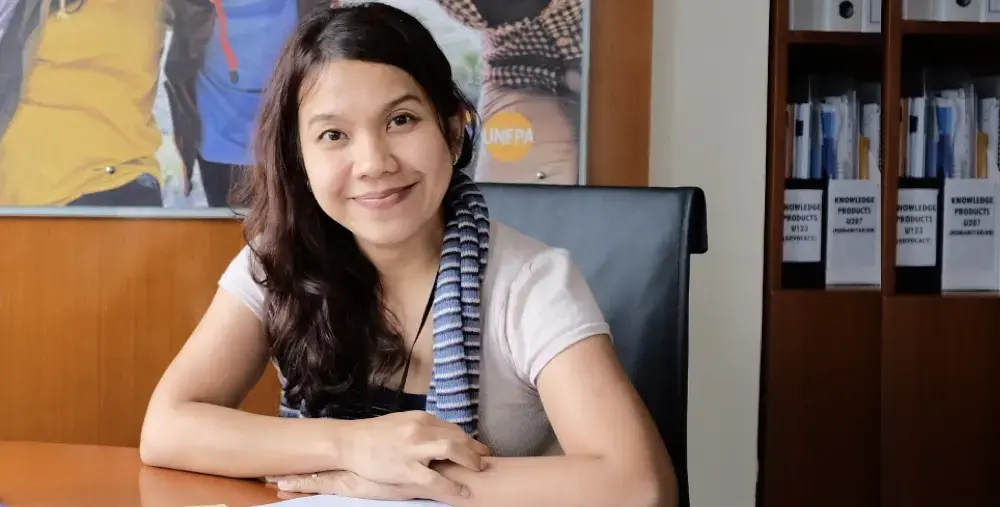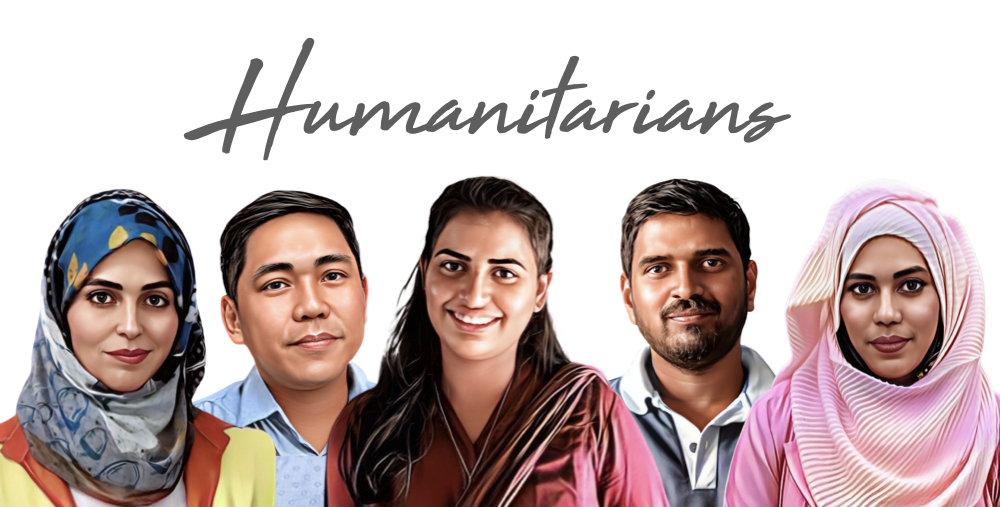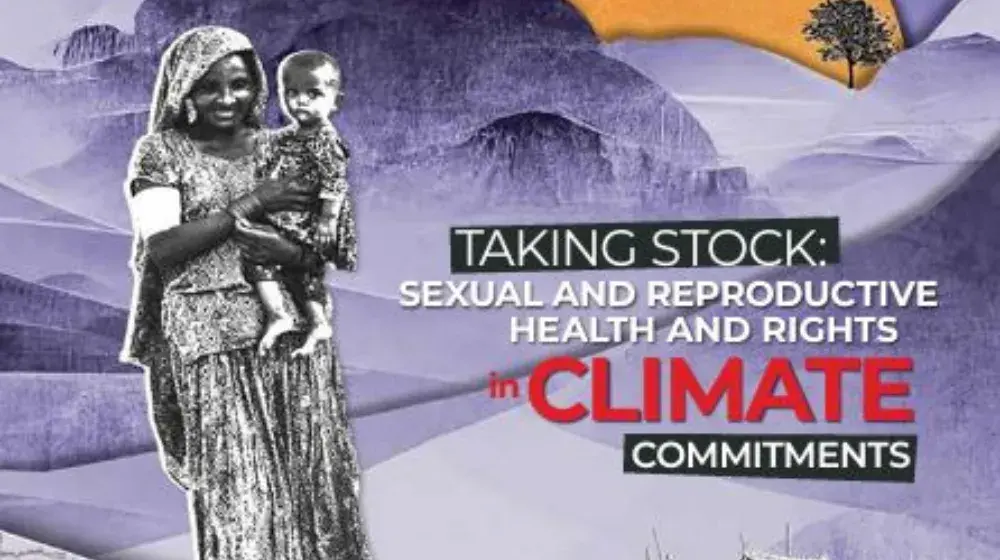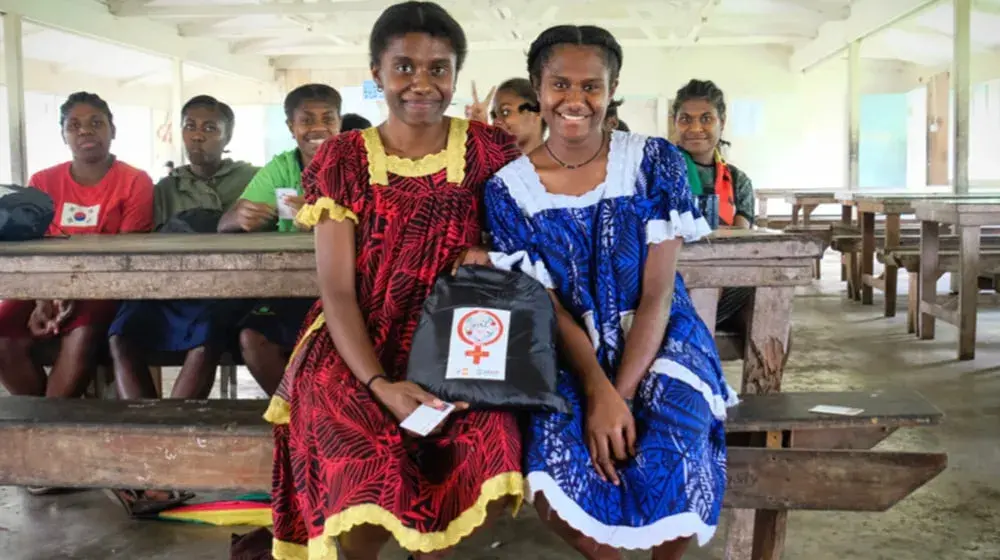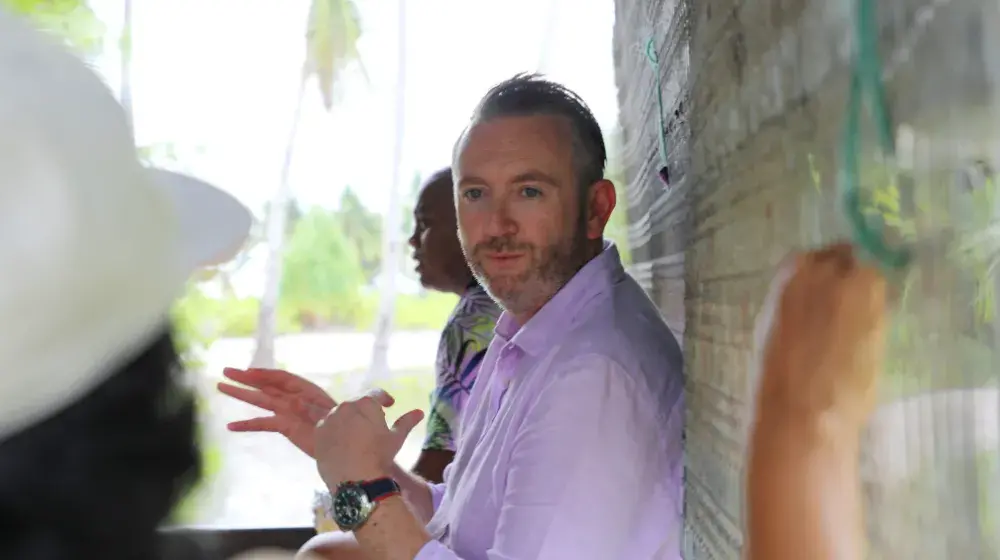Profile: Elisabeth Sidabutar, Humanitarian from Indonesia
“We were able to implement so fast because we were ready”
Elisabeth Sidabutar is a Humanitarian Programme Analyst at UNFPA Indonesia. On 21 November 2022, a 5.6 magnitude earthquake struck near Cianjur in West Java. More than 500 people were killed, 7,729 were injured and 62,628 homes were damaged across 16 districts. ‘Ibeth’ and her community of fellow humanitarians went into action. Within 24 hours in collaboration with the government they set up a tent staffed with qualified midwives providing reproductive health services and created a network to deliver sexual and reproductive health services for women and girls displaced by the emergency.
Ibeth says the biggest part of her work as a humanitarian is to prepare for disasters. “Most of our budget, more than 70%, is for risk reduction and preparedness efforts. We provide support in humanitarian response when humanitarian disasters occur but we try to have the system in place, to have inclusive contingency plans that already accommodate sexual and reproductive health.”
UNFPA offers technical support to the government of Indonesia to lead coordination mechanisms. When the earthquake occurred on 21 November 2022, Ibeth coordinated the response with the Ministry of Health, the Ministry of Womens' Empowerment and Child Protection, and the National Disaster Management Agency.
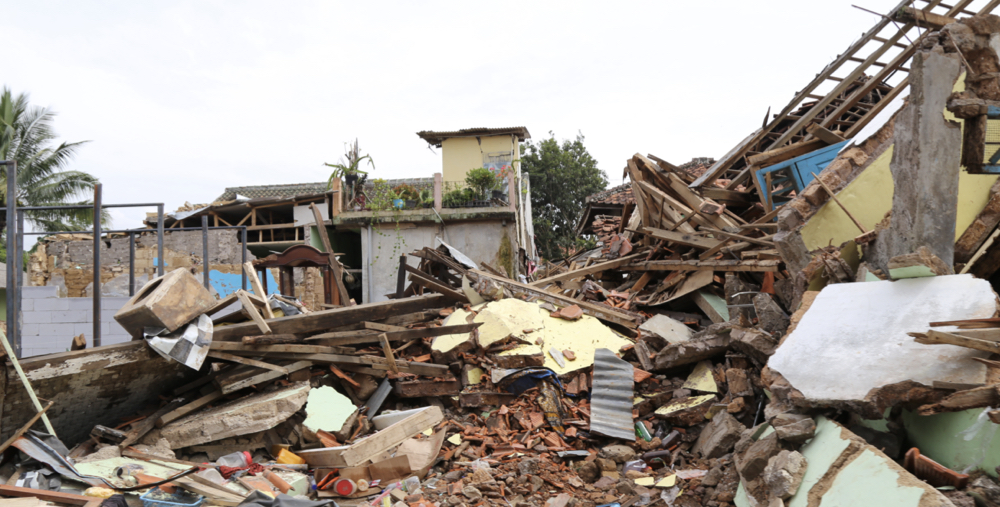
“The good thing is that you have the supplies, especially reproductive health,” she says. “The logistics needs to be in place together with the supplies. Cianjur is not far from Jakarta so we had the supplies ready. On the second day we distributed the reproductive health tent, in less than 24 hours.”
She says they used the tents as a way to distribute the prepositioned supplies. “The first things are the post-delivery kits and newborn baby kits for pregnant women and new mothers. That night there were pregnant mothers with the babies in that tent. Within one month there were 35 babies delivered in the reproductive health tents and 480 antenatal care consultations.”
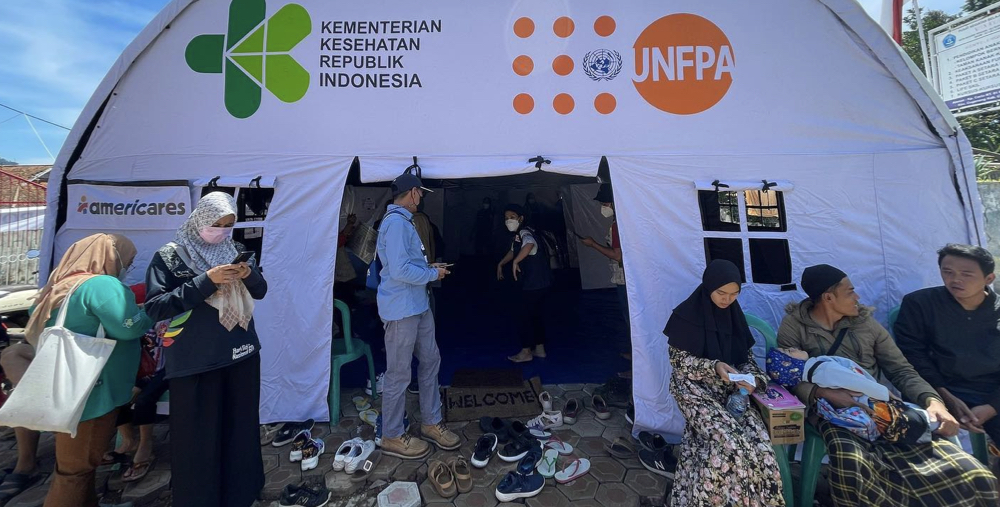
Ibeth and her team have worked closely with government partners for years to coordinate data gathering and then use that data to drive humanitarian response. “Under the coordination with National Disaster Management Agency and the Ministry of Womens' Empowerment and Child Protection, we trained enumerators how to collect the data in five areas, then we provided a timeline 24 hours up to five days. This data is used for interventions. This is why we were able to implement it so fast, we were ready.”
"We always ask, 'Where is the place for the pregnant woman? What is the number of pregnant women in the areas, the number of older persons?'"
Ibeth says in every disaster they try to innovate and then share what they learned. “We have tested tools to disaggregate disability data. We have case maps of the government. We know which area is the most affected. We always ask, “Where is the place for the pregnant woman? What is the number of pregnant women in the areas, the number of older persons? We map the most at-risk groups in the interface and then we use that data for distributing kits.”
She says the response targets the most difficult areas for pregnant mothers and women of reproductive age along with women with disabilities. “We are ready, we have the tools and we have the templates for getting the word out about reporting violence.”
Ibeth says a priority is to train enumerators for gender-based violence assessments. “Data helps the response identify humanitarian actors for gender-based violence response. We find women-led NGOs and we train them in doing gender-based violence risks assessments, including safety audits.”
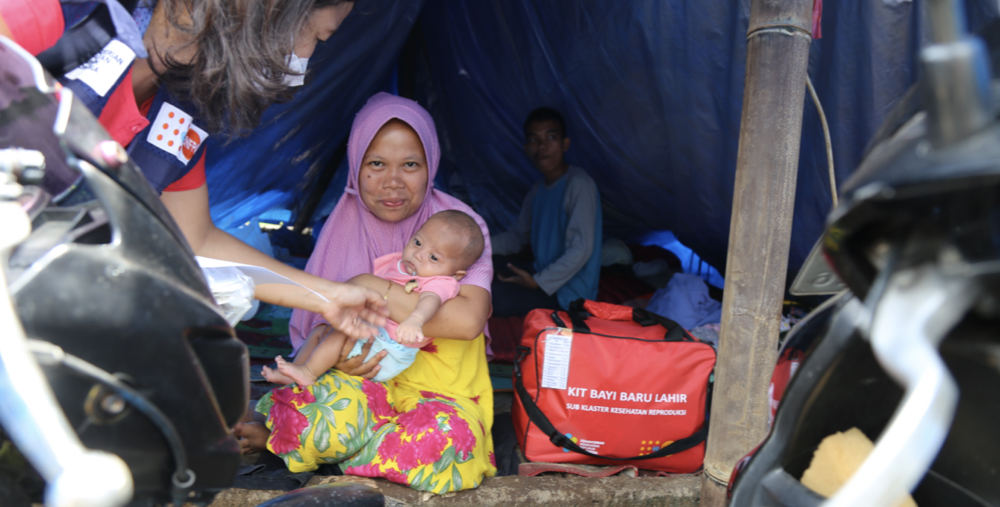
She says the gender-based violence risk assesment and safety audit in Cianjur found reports about unsafe toilet locations that became settings for sexual harassment cases and gender-based violence. “We bring those issues to the protection discussion to find solutions.”
For the families displaced by the Cianjur earthquake, nearly one year on, many are still in temporary accommodation. “Because we have an on the ground network with good data, we are able to monitor activities and movement of the women and girls we helped. We found out displaced people are still in the same setting and there are people already moved to temporary shelter. One family with older people she met were waiting for permanent housing. It is a government promise to build but that is still under discussion.”
“Women need access to reproductive health and protection from abuse. No matter what situation."
Ibeth says they work with the Ministry of Health to conduct a nationwide MISP readiness assessment to see how ready the areas are to face hazards like earthquakes and climate disasters. “As humanitarian workers we put our best effort to serve the people especially for the most at-risk groups like gender-based violence survivors, women with disabilities, and pregnant women. This is what comes to my mind when disasters occur in the field. We have all things ready and be prepared: We need to know our strengths, and know our limitations.”
“No matter what, there will be a way to support or serve the people to continue their lives,” Ibeth says. “They need access to reproductive health and protection from abuse. No matter what situation. We need to do our best to support them in the most difficult situations.”
During conflicts, natural disasters and public health emergencies, sexual and reproductive health needs are often overlooked – with staggering consequences. Pregnant women risk life-threatening complications without access to delivery and emergency obstetric care services. Women and girls may lose access to family planning services, exposing them to unintended pregnancy in perilous conditions. Women and girls also become more vulnerable to sexual violence, exploitation and HIV infection.
This collection of stories celebrates some of the humanitarian heroes working in emergencies across Asia and the Pacific. READ MORE
Learn more
Women Serve as the Backbone of Cianjur Earthquake Response
Minimum Initial Service Package - The minimum, life-saving sexual and reproductive health needs that humanitarians must address at onset of an emergency
GBV Area of Responsibility brings together non-governmental organisations, UN agencies, academics and others under the shared objective of ensuring life-saving, predictable, accountable and effective GBV prevention, risk mitigation and response in emergencies, both natural disaster and conflict-related humanitarian contexts)

